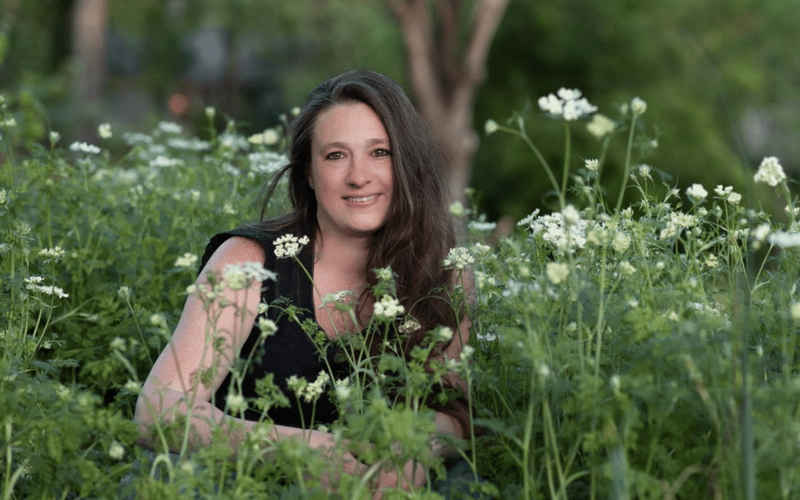Love your brain like your life depends on it because it does
- Holly Whalen
- Jul 15, 2025
- 2 min read

Imagine waking up one day and not being able to care for yourself. You can’t dress, bathe, or even use the bathroom without help. While it’s a scary thought, it’s the reality for millions facing memory loss and cognitive decline. The good news? It doesn’t have to be yours.
Memory decline can begin as early as your 40s — and for some, even earlier. But memory loss is not inevitable. With the right knowledge and choices, you can protect and even enhance your brain health as you age. I’ve seen this firsthand. My 93-year-old mother was diagnosed with dementia last year, and it’s been a rapid, emotional journey. Watching her short-term memory vanish has fueled my passion to share what we all can do to delay, prevent, or even reverse cognitive decline.
By 2050, nearly 14 million Americans may be living with Alzheimer’s. Alzheimer’s is the most common form of dementia, a broader category of cognitive disorders. It’s a crisis, but one that science is finally equipping us to face. Breakthroughs in neuroplasticity and neurogenesis tell us that the brain can heal, rewire, and grow — even in old age.
Let’s start with the top three pillars of brain protection:
Exercise: Movement is brain medicine. Regular physical activity — especially walking with others — builds new neural connections, increases brain volume (especially in the memory-critical hippocampus), and boosts brain-derived neurotrophic factor (BDNF), a protein essential for neuron survival and plasticity. Stronger legs and grip strength have even been linked to lower dementia risk. Whether it’s yoga or hiking, just get moving daily.
Sleep: Memory forms while you sleep. The brain uses this time to consolidate memories and flush out toxins through the glymphatic system. Without seven or more hours of quality rest, your brain cannot detoxify or stabilize your mood. Prioritize deep, restorative sleep — turn off electronics, embrace nighttime routines, and make sleep sacred.
Social Connection: Humans are wired for community. Loneliness increases inflammation, while hugs boost oxytocin and lower cortisol. Socializing protects the brain, lifts mood, and improves cognitive resilience. Say yes to connection. Your brain thrives on it.
Other essentials include protecting yourself from EMFs (electromagnetic frequencies), improving oral hygiene (linked to memory and inflammation), and being mindful of medications. Many common drugs — from anticholinergics to antacids — can impair memory and raise dementia risk over time. Always read labels and discuss natural alternatives with a trusted provider.
Feed your brain with neuro-nourishing foods like blueberries, turmeric, fatty fish, and leafy greens — season with rosemary and sage. Embrace supplements like Lion’s Mane, Ginkgo, and Bacopa Monnieri when needed. And never underestimate the healing power of gratitude. Journaling, thanking others, and celebrating small wins can help rewire your brain for positivity and resilience.
If you’ve watched a loved one fade or fear your own memory slipping, you’re not alone. There are things you can do today to shift your trajectory. Memory doesn’t vanish overnight. It fades, plateaus, then drops again. Be kind. Be patient. And know: your presence, your tone, your love matters more than what’s remembered.
Your brain isn’t broken. It’s waiting to be supported.
Sleep deeper. Move more. Eat smarter. Hug longer. Give thanks.
Your mind is your most precious asset — protect it like your life depends on it.
Because it does.




Comments